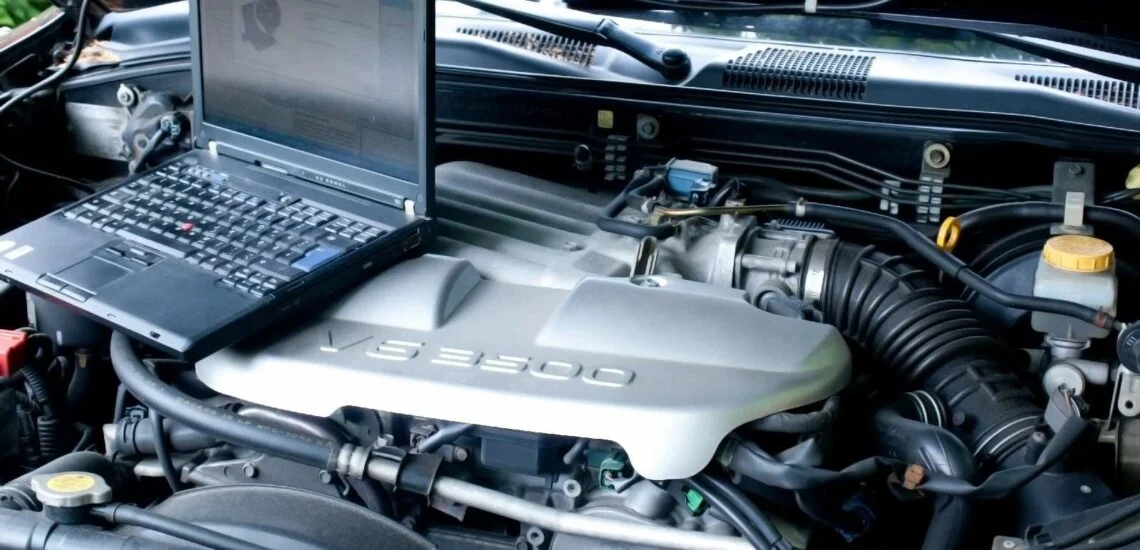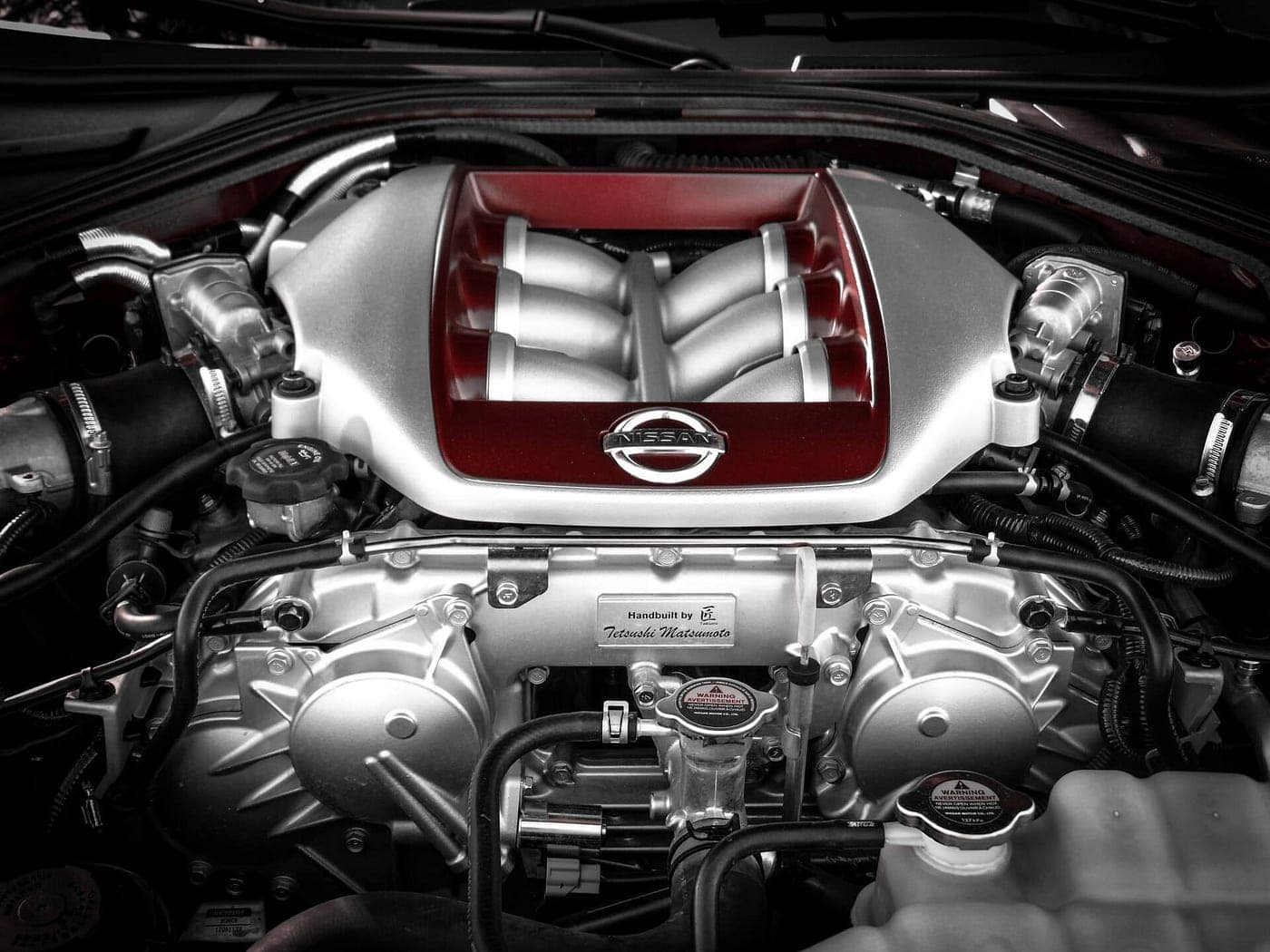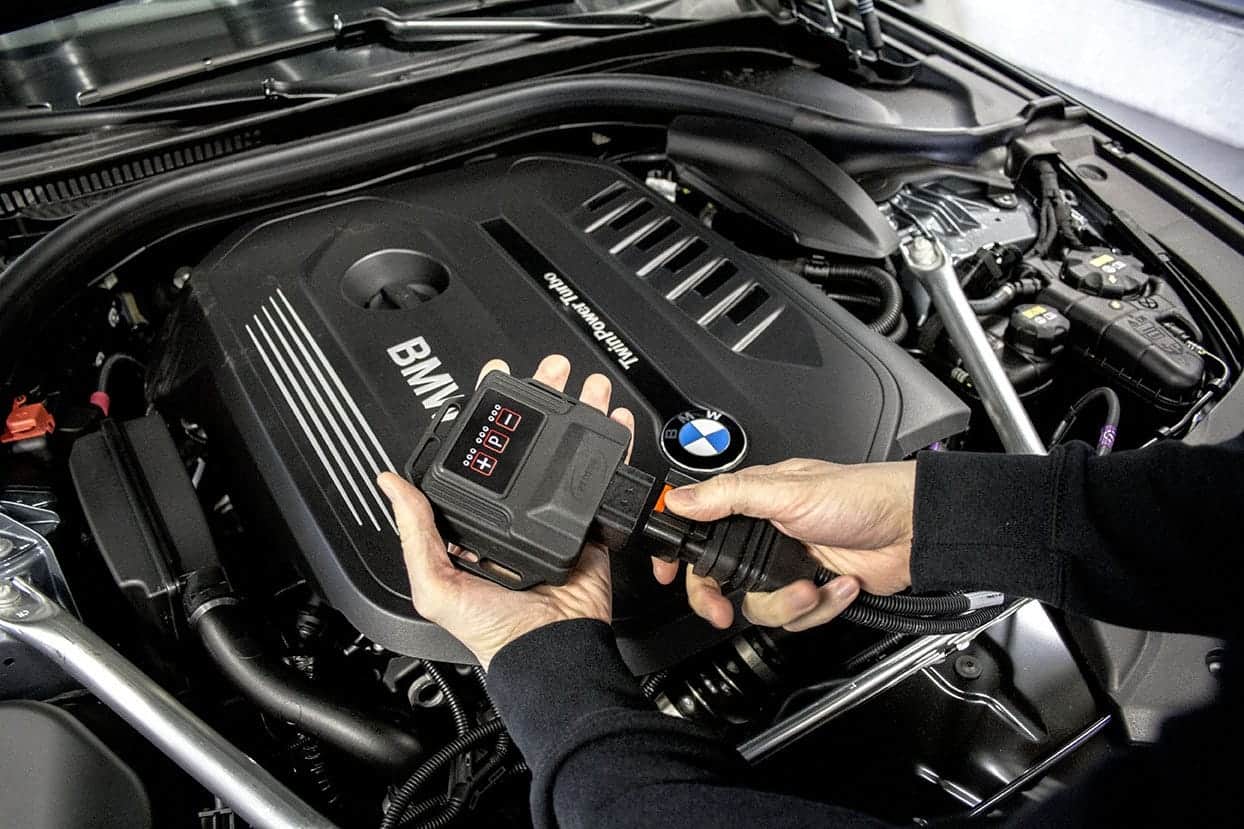Tuning your engine through electronic ECU remapping or physical bolt-on upgrades can dramatically improve your car’s power, efficiency, and drivability. But before modifying, it’s important to understand how these alterations can jeopardize your factory and extended warranty coverage. Not all tuning practices clearly void your warranty. However, any form of modification provides dealers justification for denying related and even unrelated claims by blaming failures on the changes. This article will examine common tuning practices and how they impact warranty contracts. We’ll also discuss steps to potentially preserve factory coverage after modifications. Understanding these risks allows making informed decisions before customizing your vehicle. Today we will find out How Car Tuning Can Void Your Warranty.
What is Considered Vehicle Tuning?
We first need to define what constitutes tuning and modification practices that can alter warranty coverage. Some common tactics include:
Engine Tuning – This primarily involves remapping the engine control module’s (ECM) programming through connecting to the OBDII port. Altering these operating parameters is known as chip tuning, ECU tuning, or engine tuning. It’s commonly done to increase horsepower, improve throttle response, raise rev limiters, and boost fuel efficiency, among other benefits.
Bolt-On Parts – Physical upgrades like installing aftermarket air intakes, exhaust systems, intercoolers, brake components, and stiffer suspension parts also fall under vehicle tuning. These parts enhance engine breathing, handling, braking, and appearance.
Drivetrain Modifications – This covers swapping engine internals like pistons, camshafts, or injectors, plus upgrading transmission and differential components to handle increased power.
Custom Tuning – Optimization of aspects like transmission shifting behavior, throttle mapping, boost pressure, and idle speed through specialized tools. This complements ECU and physical upgrades.
Appearance Modifications – Visual enhancements like wrapping, painting, body kits, wheels, and interior changes don’t enhance performance but still potentially impact warranty coverage.
Now that we’ve defined common tuning practices, let’s look at how these modifications intersect with factory powertrain, emissions, and bumper-to-bumper warranties.

Overview of New Car Warranties
To understand how tuning can void warranties, we first need to understand what protections new car warranties provide:
- Bumper-to-Bumper Coverage – This covers repair of any factory defects in materials and workmanship across the entire vehicle. Bumper-to-bumper warranties typically span 3 years/36,000 miles but can vary by manufacturer.
- Powertrain Warranty – The powertrain warranty specifically covers listed components like the engine, transmission, drivetrain, and electrical systems against defects. This extended coverage typically lasts 5 years/60,000 miles.
- Emissions Components Warranty – To comply with EPA regulations, manufacturers provide an emissions control system warranty. It covers emissions related parts for 2 years/24,000 miles in most states.
- Corrosion Warranty – This protects against rust and corrosion damage to body panels and the frame. Rust-through coverage runs about 6 years while surface rust is 10-12 years for most brands.
Under these factory warranties, defective OEM parts and labor are fully covered at no cost to the owner. But tuning and modification have big implications for warranty contracts we’ll now examine.
ECU Tuning Can Void Emissions Warranties
One of the most direct impacts of tuning is potentially voiding your car’s emissions components warranty. This covers parts like the catalytic converter, oxygen sensors, EGR system, fuel system, ignition components, and on-board diagnostics.
ECU remapping by definition alters the factory emissions control programming. Modified engine parameters like fuel maps, boost pressure, and ignition timing inevitably change tailpipe emissions. Even if emission sensor readings remain within acceptable ranges, altering programming violates manufacturers’ legal tampering prohibitions.
So even unrelated failures of covered emissions parts can potentially be blamed on ECU tuning as a breach of warranty. This provides justification for denying expensive emissions warranty claims.
Dealers Can Detect ECU Remapping During Service
Modern dealers routinely utilize sophisticated diagnostics tools and ECU scanning to troubleshoot issues during service visits. These scans detect and log any ECU modifications.
Even if tuning is unrelated to the repair needed, identifying previous engine tuning provides a basis for voiding the entire vehicle warranty. Changes like power gains, speed limiters removed, and rev limiters raised are difficult to conceal when dealers dig into ECU data.
This gives manufacturers justification for denying warranty coverage on parts failed due to normal wear and tear, not necessarily the tuning work itself. It’s best to assume technicians will discover ECU modifications during diagnosis and repairs.

Increased Wear from Added Power
Beyond directly altering emissions controls, increased engine power levels also accelerate wear on related components. Upgraded turbochargers, superchargers, and ECU tuning place greater stresses on stock internals.
The higher cylinder pressures, combustion forces, friction, and heat that accompany large power gains strain components like bearings, pistons, valves, clutch packs, and gears. Manufacturers can attribute premature wear failures to the excessive demands of tuning.
Warranty contracts exclude damage from improper maintenance, crashes, or modifications exceeding factory specifications. So there are opportunities to blame tuned engines pushing past OEM limits for breakdowns typically considered normal wear and tear.
Legal Protections Under Magnuson-Moss Warranty Act
Fortunately, consumers aren’t entirely at the mercy of manufacturer decisions when it comes to modified vehicles. The federal Magnuson-Moss Warranty Act regulates U.S. warranties and provides certain protections:
- Warranty cannot automatically be voided just for using aftermarket or recycled parts alone
- The manufacturer must PROVE any modifications caused subsequent failures
- Owner can legally sue if tuning unrelated to claims is used as warranty denial basis
But Magnuson-Moss is somewhat vague and disputing denied warranty work can be challenging. The law provides a framework for arbitration and lawsuits. But the burden of proof falls heavily on owners to demonstrate modifications didn’t cause defects needing repair. These cases become very fact-specific. It’s best to consult a lemon law attorney before modifying cars still under warranty.
Steps to Preserve Factory Warranty After Tuning
Given the risks, here are some tips to preserve your new car warranty even after modifications:
- Return ECU programming to stock before any dealership service visits to avoid detection during diagnosis.
- If tuning triggered “check engine” trouble codes, clear codes before bringing it in for work.
- Never admit to any modifications if asked directly by dealer service advisors. Don’t give them reasons to deny warranty-covered repairs.
- If dealership begins questioning ECU changes, immediately involve legal representation to invoke your Magnuson-Moss protections against blanket voiding.
- Be prepared for increased scrutiny each time you bring your modified vehicle in for service. Assume technicians will search for tuning clues.
- Avoid obviously visible modifications that make warranty personnel suspect ECU tuning like exhausts, intakes, intercoolers, etc.
While not fail-safe, following these tips maximizes your chances of retaining factory warranty coverage on unmodified components after tuning or modifying your car. But be aware extensive ECU and hardware changes make denial risks high throughout the vehicle when service departments go digging for modification evidence.
Impact of Tuning on Extended Warranties

If you purchase an extended bumper-to-bumper warranty beyond the 3/36 factory coverage, be aware these third-party contracts often fully exclude any breakdowns that might be even remotely attributed to modifications like ECU tuning or bolt-on parts. Read the fine print closely.
Unlike your inherent Magnuson-Moss rights from the automaker, extended warranty providers can outright deny any claim deemed caused by tuning or even just “not recommended by the manufacturer.” These agreements have broad exclusions.
So while you might slip some warranty repairs past a dealer under factory warranty, extensive modifications make getting coverage from extended service plans far less likely, as they lack the consumer protections of Magnuson-Moss. Weigh this risk.
Concluding Thoughts
In summary, all forms of vehicle tuning from ECU remapping to upgrades can jeopardize factory and extended warranty coverage to varying degrees. Manufacturers aren’t obliged to cover components damaged by modifications that exceed the car’s original engineering.
While protections like Magnuson-Moss provide some legal recourse against blanket voiding of warranty work due to unrelated modifications, actually proving your case is difficult. Dealers can usually tell when you’ve tuned the ECU or installed go-fast parts.
To make informed decisions before customizing your ride, do research on exact warranty exclusions, talk to legal counsel, and be prepared for scrutiny of your vehicle’s software should repairs become needed. Modifications instantly reduce the lifespan of some components. Weigh the risks and plan accordingly so your tuning project doesn’t become a legal headache.
